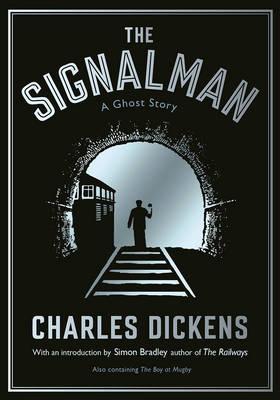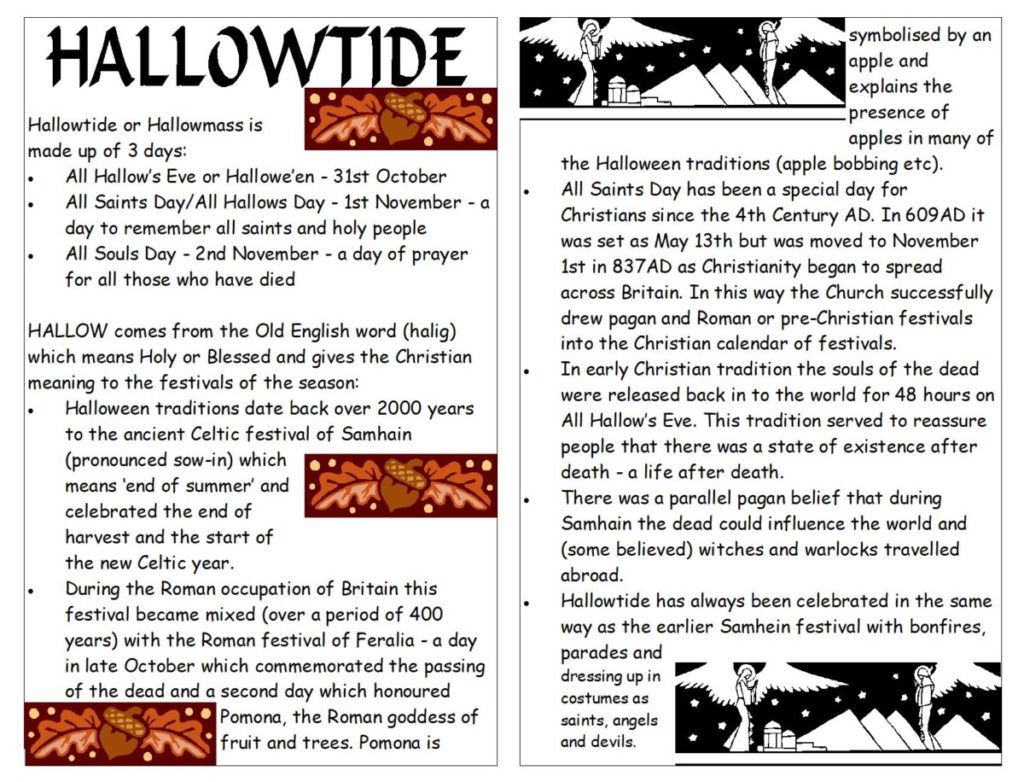All Hallow’s Eve (Halloween), All Saint’s Day and All Soul’s Day (together known as Hallowtide) – how much do you know?
Folklore tells us that on All Hallow’s Eve the worlds of the living and the dead are at their closest – a time when ghostly and magical things are most likely to happen. As centuries pass, ceremonies and rituals and traditions evolve and change; Halloween is a great example of this – trick’o’treating, parties, pumpkins, costumes; is it fun? commercialised? serious? scary? a time for reflection?
Like all old villages Hickling has its ghost stories and tales of the unexpected; if you have stories that you would like to share with us, please get in touch! (Remember; we have privacy and time-bar policies – if you are happy to share your story but don’t want it published on the website or social media, please let us know).

- Hallowtide; consists of three consecutive days – All Hallow’s Eve (Halloween) followed by All Hallow’s Day (All Saint’s Day) and then All Soul’s Day where the souls of all the departed are remembered.
- bbc.co.uk – All Hallow’s Eve
- bbc.co.uk – All Saint’s day and All Soul’s day
- Hallowe’en by Robert Burns: first published in 1786, Burns was a reliable source of the folklore of his time and he added notes explaining sections of his poem (see Steve Roud, below and click here to read Burns’ poem).
- Steve Roud: Penguin Guide to the Superstitions of Britain and Ireland. “Halloween is probably the most misrepresented and misunderstood festival in the traditional calendar …” (Click here to read the rest of his article with history and extracts).
- Games, tricks and practical jokes are linked to Halloween from at least the 1700s
- Folklore tells us that Halloween is a good time for fortune-telling and ‘love divination’; ‘Girls used to veil mirrors and hope to see the face of a future husband when the veil was removed at midnight’.
- “The following story is true. A young girl hired at a farm in the Hesket District was persuaded to try ‘evening the weights’, ie to go at midnight into a barn where the doors faced east and west, and to make a true or swinging balance on a weighing machine. Upon her return, she was asked by her mistress (who had been instrumental in her trying the charm), if she ‘saw owt’. / ‘Nobbut t’maister,’ was the lassie’s reply, ‘He come in a yeh door and out at t’udder’. / ‘Be gud ta ma bairns, then,’ said her mistress. Not long afterwards the mistress died, and the master eventually married the girl, who kept her promise and treated her step-children the same as her own.” (Cumberland Folk Lore 1929)
- Brewer’s Dictionary of Phrase & Fable: “31st October, which in the old Celtic calendar was the last day of the year, its night being the time when witches and warlocks were abroad. On the introduction of Christianity it was taken over as the Eve of All Hallows or All Saints.”
- ‘Hallowed’; 1. ADJECTIVE [ADJECTIVE noun]; Hallowed is used to describe something that is respected and admired, usually because it is old, important, or has a good reputation. (‘Every cricketer wants to prove his worth on the hallowed turf of Lord’s.’ and ‘…one of opera’s most hallowed halls, the Teatro alla Scala, in Milan’.) 2. ADJECTIVE [ADJECTIVE noun]; Hallowed is used to describe something that is considered to be holy. (‘…hallowed ground’ and ‘hallowed be Thy name’). (Collins Dictionary)
- There are many great stories to read but here are a couple of recommendations:
- Charles Dickens, the Signalman
- Hauntings by Susan Price; a collection of short stories for young adults but great for everyone; particularly the story of Davy, the shepherd boy.
- A third, more light-hearted, recommendation is to explore the world of Terry Pratchett’s Wyrd Sisters novels – funny and clever, wonderful characters (Esme Weatherwax, Nanny Ogg – brilliant!).
- Do you have any spooky favourites?


